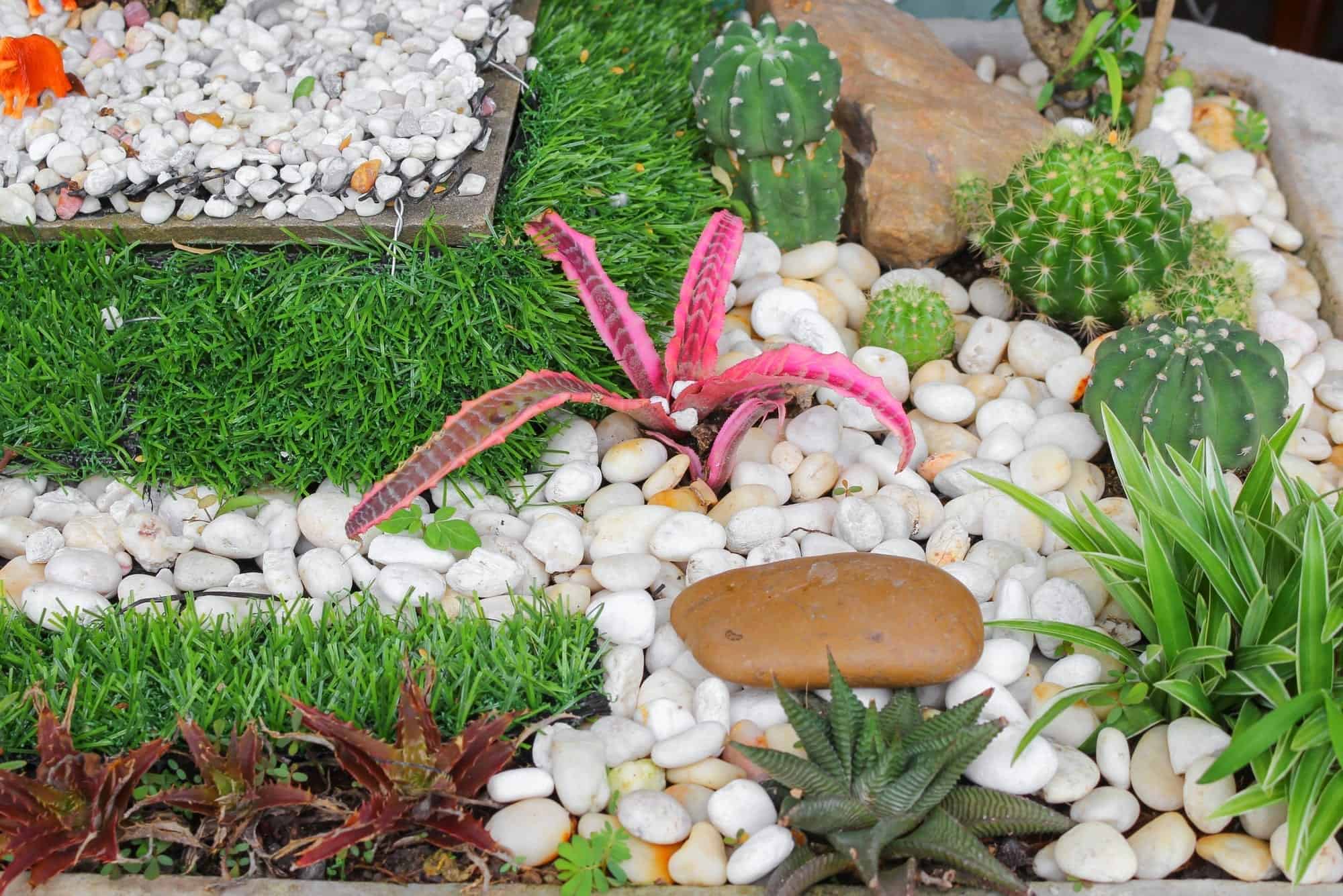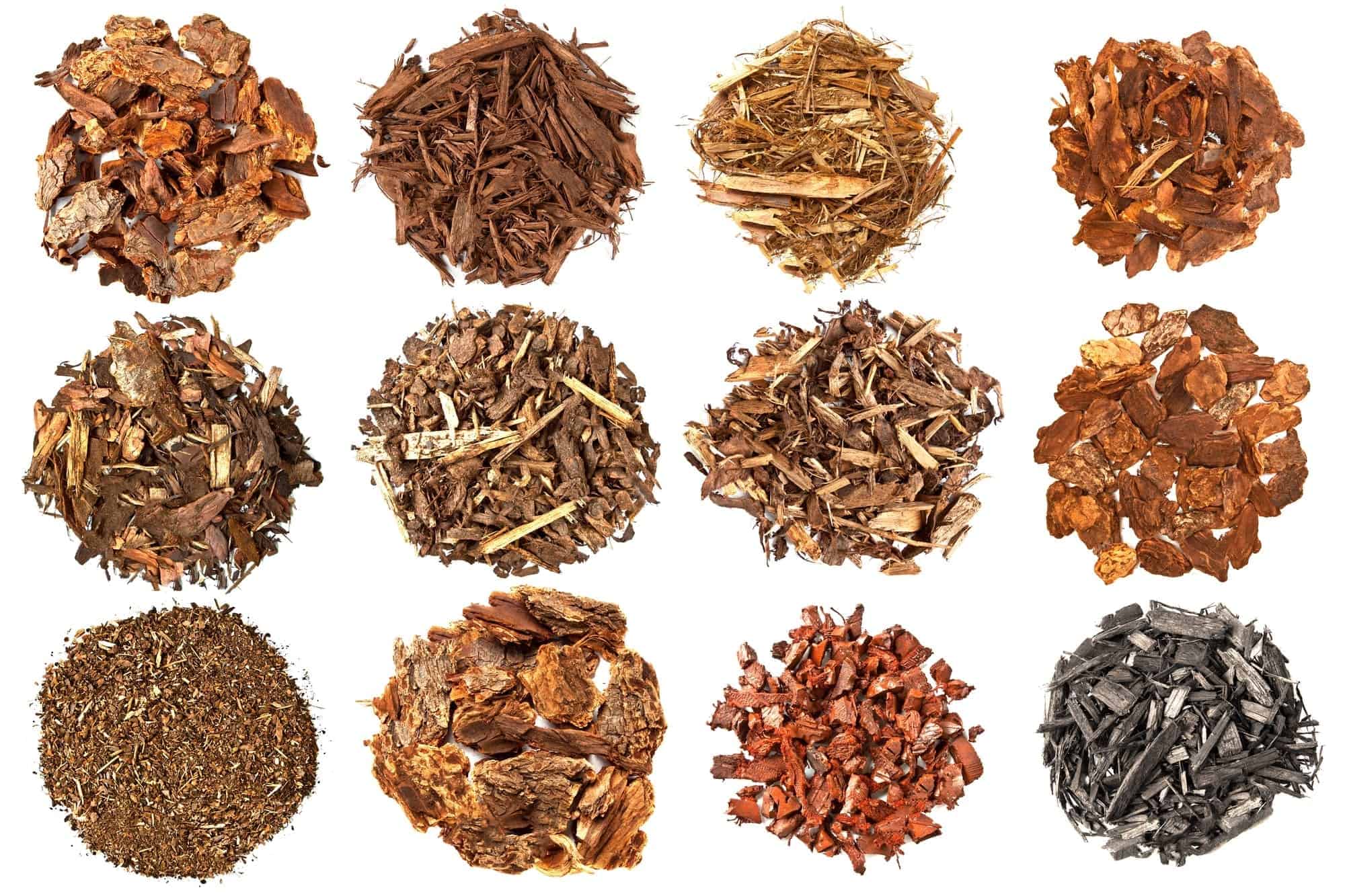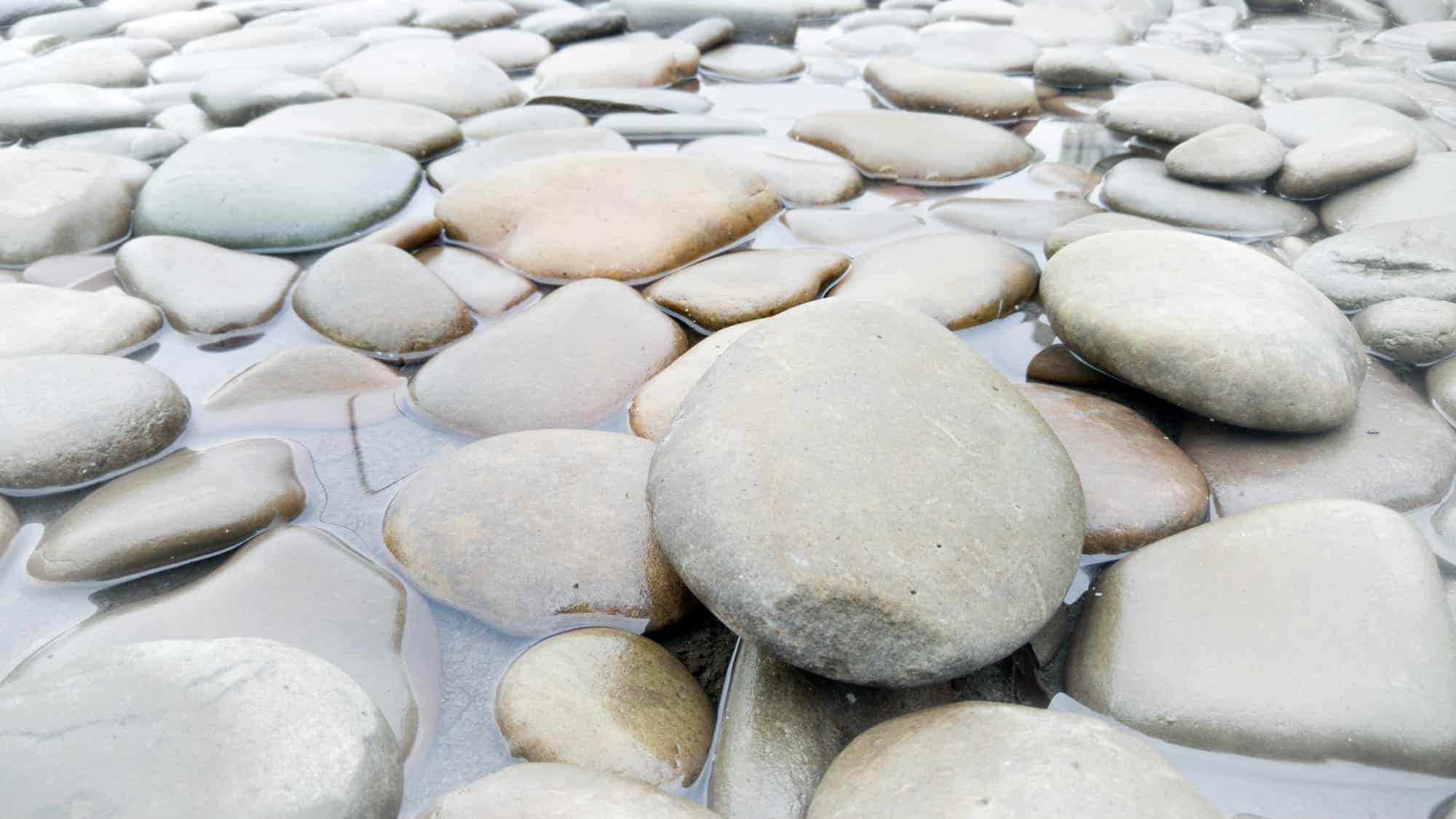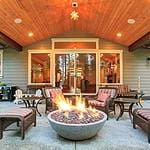
Mulch vs. Gravel: Which One Should You Use in Your Garden?
Part of the fun with landscaping is all the neat garden supplies you get to play around with to bring your masterpiece to life.
But, selecting the right materials for your garden layout is trickier than you may think. After all, it’s not just about looks. You actually want your plants to thrive, and as the gardener convenience doesn’t hurt either.
That’s why seasoned landscapers turn to traditional mulch or decorative stones to cover all of the bases. But is one better than the other? In this post, we compare mulch and gravel to give you the lowdown on the pros, cons, and pricing of each.
What is Organic Mulch?
Organic mulch is made up of natural materials that break down into organic matter over time. These materials include wood shavings, sawdust, grass clippings, bark chips, straw, and peat.
Mulch comes in different shades of brown and red. It arrives in a bag and can be poured out over the soil as the top layer of a flower bed.
What are Landscaping Stones?
Landscaping stones or garden pebbles are natural rocks collected from riverbanks and beaches all over the world. They come in all sorts of patterns, sizes, textures, and colors.
The best pebble size depends on what you want to use it for, but gravel is the closest to mulch for comparison. Gravel also arrives in a bag and can be poured down as a top layer over the soil.

Mulch Pros vs. Cons
Mulch offers many benefits and is especially protective for plants. It retains moisture, improving drainage and preventing erosion. As well, since organic mulch decomposes over time, you can layer it and leave it.
Mulch is also versatile and can be used in a number of garden projects. It’s suitable for covering exposed tree roots, distinguishing the boundaries of landscaping designs, and adding a bit of natural color to your yard.
It’s also soft, making a nice cushioned layer for playgrounds and pet areas.
For flowerbeds, it blocks sunlight from reaching weed seeds, inhibiting weed growth. It also insulates plants during the cooler months.
However, mulch also has its drawbacks. For instance, it doesn’t offer the same amount of drainage as landscaping stones, and it needs to be replaced periodically while stones last for years.
And, while mulch is a great insulator, if you’re not careful mulch can suffocate or bake plants. Too much mulch also becomes a haven for pests.
Organic mulch costs anywhere between $30 to $150 per cubic yard, but this also depends on the type and brand.

Garden Pebbles Pros vs. Cons
On the other side of the ring, we have stones, which are actually pretty similar to mulch in terms of use.
Stones are perfect for drainage, especially if you want to make a dry creek bed or French drain. They’re also commonly used to make garden paths and to prevent erosion.
They’re low maintenance, don’t decompose, and hinder pests from laying eggs in healthy soil.
Garden pebbles are also beautiful, and as mentioned, they come in a plethora of vivid colors and patterns that add a unique aesthetic to yards.
Bear in mind that pebbles are more expensive than mulch, costing anywhere from $250 to $1,500 per average rock landscaping project. But once again, the price also depends on the size and type.
So, Which One is Better?
The truth is, it all comes down to personal preference. Both are high-quality garden supplies that enhance landscaping, improve plant health, and give you less to do in the garden.
Mulch and stones are also incredibly easy to use, with no professional assistance or fancy tools necessary. Once you pour them over an area, you can set it and forget it. The best way to decide on a winner is to finalize your landscape blueprints and visualize how each material would fit.






Leave a Reply